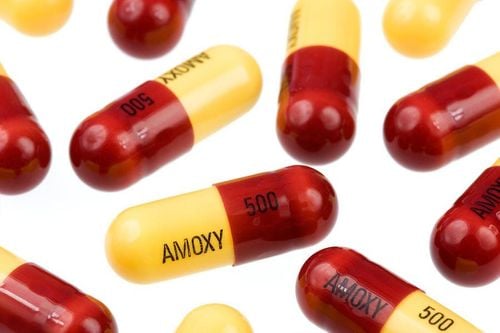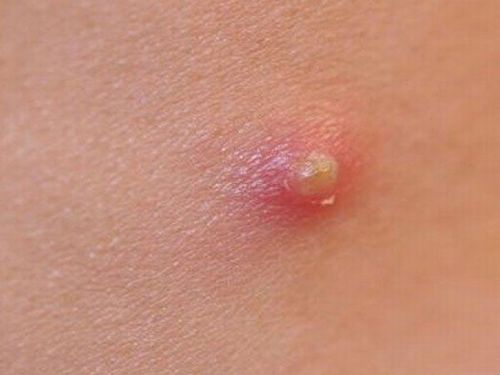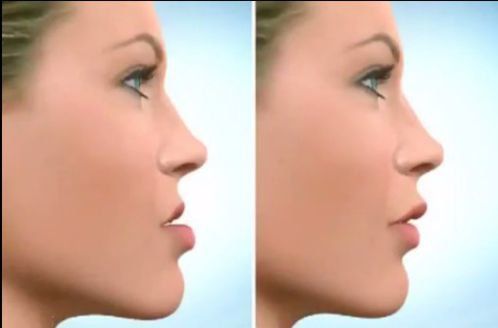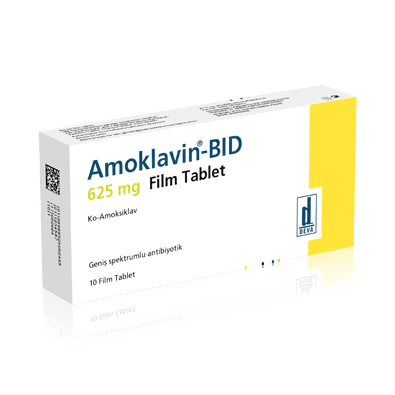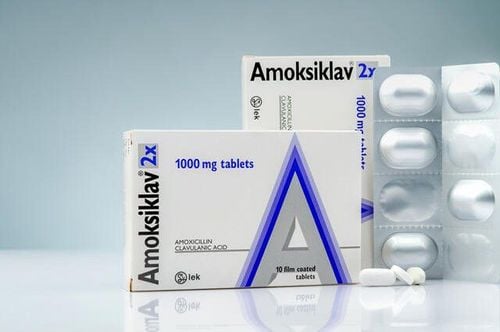1. Antibiotics Commonly Associated with Tooth Enamel Damage
When a child develops a bacterial or fungal infection, they may exhibit symptoms such as fever, loss of appetite, persistent irritability, and more. In such cases, pediatricians often prescribe antibiotics. In fact, antibiotics are among the most commonly prescribed medications for children.
Antibiotics can effectively treat conditions such as strep throat, pneumonia, ear infections, and sinus infections. For example, amoxicillin is frequently prescribed for infants suffering from ear infections. However, studies have shown that certain antibiotics, particularly amoxicillin, can impact the integrity of tooth enamel. Children who frequently take amoxicillin are more likely to acquire enamel damage, which in turn puts them at risk of developing dental fluorosis from excessive fluoride exposure. This can result in discoloration, or uneven enamel surfaces. Furthermore, even when amoxicillin is administered during infancy where only deciduous teeth are present, fluoride exposure can impact the development of permanent teeth in adolescence.
In addition, tetracycline is also associated with negative impacts on children’s enamel. Alarmingly, tetracycline can negatively impact an infant’s teeth as early as the prenatal stage if the mother takes the medication during pregnancy. As a result, children under 8 years old and pregnant women are strongly advised against using tetracycline, especially if alternative antibiotics are available. When this antibiotic is accidentally used for a child, tetracycline may lead to yellow or discolored teeth. If taken during pregnancy, the drug can damage the enamel layer of the child’s deciduous teeth and cause discoloration of the permanent teeth later on. Additionally, tetracycline can pass through breast milk, potentially impacting the development of an infant’s bones and teeth.
For such reasons, both dentists and pediatricians emphasize the importance of reasonable use of antibiotics. Parents should administer them only when necessary and strictly adhere to the doctor’s prescription. This approach not only ensures effective treatment but also protects the long-term health and appearance of children's teeth.
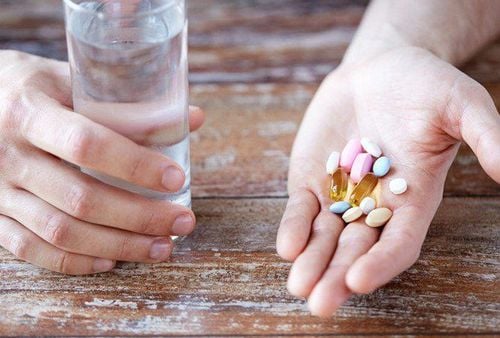
2. Other Factors or Medications That May Affect Oral Health
- Dry Mouth: Dry mouth can increase the risk of enamel damage, leading to cavities and gum diseases later in life. This is because saliva plays a crucial role in cleaning food particles and neutralizing acids that can erode enamel. It also helps control bacteria in the mouth. Dry mouth occurs when the salivary glands’ function is reduced or impaired. Certain medications, such as decongestants, antihistamines, and allergy treatments, are commonly prescribed for colds or nasal congestion in children, which can cause dry mouth as a side effect. To resolve this condition, encourage children to drink more water. For the older children, chewing sugar-free gum or sucking on sugar-free hard candy can help stimulate and maintain saliva production in their mouths.
- Sugary Medications induce tooth Decay: It is widely known that sugar residues left on teeth may induce the formation of cavities. However, parents often think of candies, pastries, and sugary drinks while often overlooking the sugar content in their child’s medications. In reality, many pediatric medications are sweetened with sugar to mask their unpleasant taste. As such, studies have shown that children who take sugar-sweetened medications are at higher risk of enamel damage and tooth decay. As a result, children who take sugar coated, or sweetened cough syrups (containing sucrose) are at a higher risk of damaging their tooth enamel due to the formation of cavities. To mitigate this risk, ensure that your children rinse their mouths thoroughly or brush their teeth after taking sugary medications.
- Oral Thrush: Excessive or prolonged use of antibiotics can lead to oral thrush, a condition caused by a yeast called Candida. Symptoms of oral thrush include white patches on the inner surfaces of the mouth, such as the tongue, cheeks, or gums. These patches can merge into larger areas, causing pain, loss of appetite, and leading to irritability in children. Interestingly, while antibiotics decolonise harmless flora in the mouth, they can not eliminate the Candida fungus. To treat oral thrush, antifungal medications are required instead of antibiotics.
In conclusion, due to the risks of antibiotics damaging tooth enamel, parents should always consult with their dentists or doctors about their child’s oral health before starting any antibiotic regimen. Additionally, dentists can guide parents on preventive measures to protect their child’s enamel, reducing the risk of cavities, and preventing tooth discoloration.
To arrange an appointment, please call HOTLINE or make your reservation directly HERE. You may also download the MyVinmec app to schedule appointments faster and manage your reservations more conveniently.
References: lakespd.com, rotemdentalcare.com, ncbi.nlm.nih.gov, healthline.com





